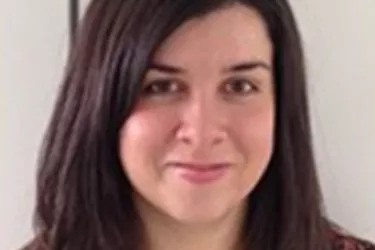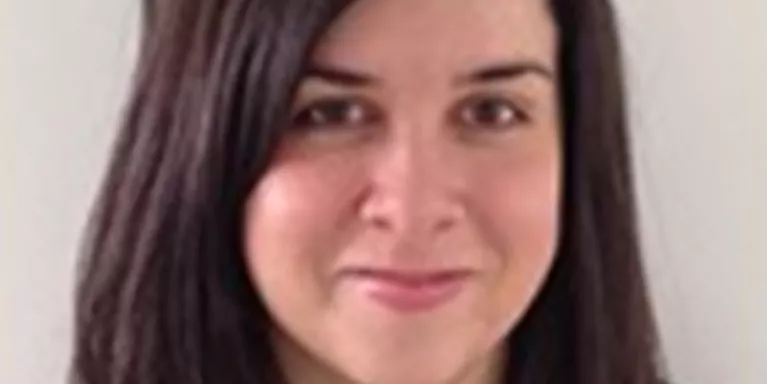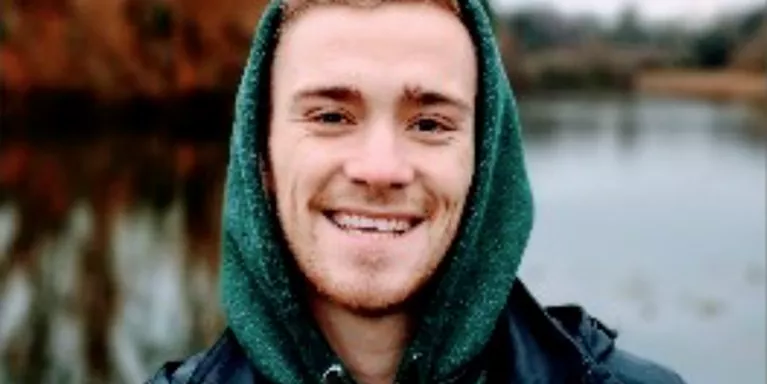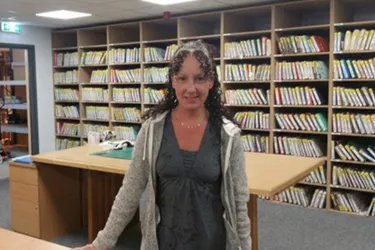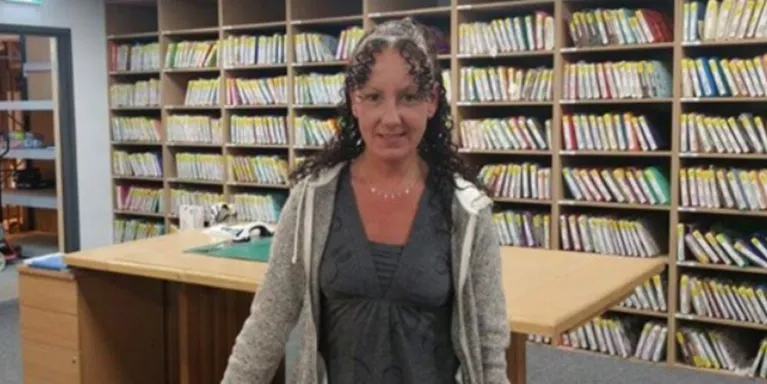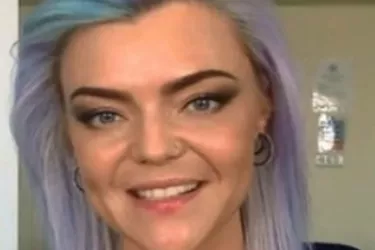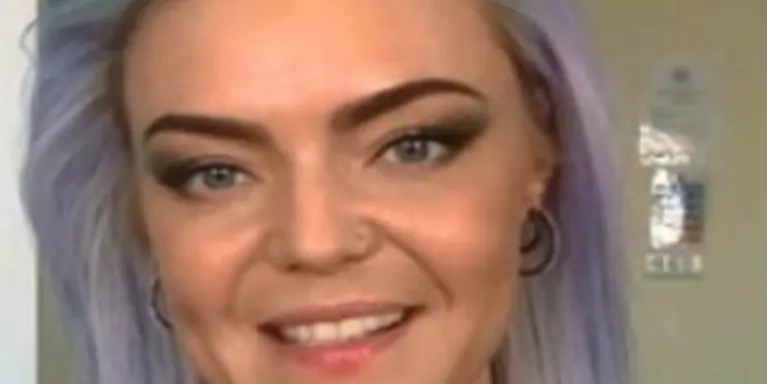My selfie on hypomania
Laura blogs about the Mental Health Stories you'll start seeing on our information pages soon.
Laura is Mind's Digital Communications Officer. She writes about her experience of bipolar disorder and about mental health on her personal blog.
When my colleague asked for volunteers to film a selfie for a new project she’s working on for Mind’s information pages, I nervously put myself forward. I’ve never liked seeing myself on film, but I wanted to be involved because Mind’s information means a lot to me.
The A to Z of information on Mind’s website was my first introduction to Mind a few years ago, not as an employee, but as someone in the early stages of a mental health problem. I was scared and confused; I had lots questions and I didn’t really know where to turn for answers.
I had been taking antidepressants for a few months, when the depression and anxiety I’d been experiencing suddenly switched to a feeling of euphoria. I couldn’t stop smiling, couldn’t stay still and didn’t feel the need to sleep. My mind was super active; my thoughts rushed from one topic to the next; I couldn’t stay focused on anything. My restlessness escalated and I started to feel the urge to climb things around me. This became quite dangerous: at work I was based in an old church and I’d amuse myself by climbing around the outside railings of a staircase, two floors up above a stone floor. I started to think that if I fell while climbing, somehow I’d be invincible and I’d come off unscathed.
Despite these strange ideas, part of my brain was still working normally - I could tell that something was seriously not right with me. Eventually some concerned friends took me from London back to Scotland, where my family are. My GP there sent me for an emergency assessment at the local psychiatric hospital.
I had an interview with a psychiatrist. I wasn’t admitted but was instead sent back home with my antidepressant stopped, a new prescription for some benzodiazepines and a potential new diagnosis of bipolar disorder.
Over the next few weeks, my mood swung dramatically every two or three days or so from euphoria to utter despair. I saw a few different psychiatrists who all suggested different things: “it might be bipolar disorder type 2”, “it might be cyclothymia”, “it might be recurring depression, with the hypomania just a reaction to the antidepressant”.
It was all very confusing; I didn’t know what to think. When I was eventually prescribed an antipsychotic, I was scared: scared of the name and scared of the side effects. I still didn’t have a diagnosis, which made me feel a bit in limbo, and made me resent having to take the medication. I was still in Scotland - I was signed off sick from work and had postponed the Masters degree I’d been studying for. I hadn't expected my life to take this turn and I was scared for my future.
I searched the internet, looking for answers, information and probably also some reassurance, and that’s how I found Mind.
I read the pages about bipolar disorder and I read the pages about medication. I didn’t find all my answers – I’ve come to realise with mental health, we don’t yet have a lot of the answers. But the information was still a comfort to me. What struck me most was that it seemed very neutral and reliable, and this was what I needed most: information I felt could trust. I liked the holistic approach too, tips for helping yourself and tips for friends and family – it just made it all sound a bit more manageable.
Mind’s website also led me to Mind’s blog. It helped so much to read other people’s first-hand experiences of bipolar disorder and other mental health problems. Over the years I’ve learned a lot about how to cope with and manage bipolar disorder (this is now my diagnosis) from my peers.
I think this is what’s so great about this new ‘selfie’ initiative. Hearing other people talk about their mental health problems brings them to life in a way a list of symptoms never could. I think these videos will be a great addition to the written information. I still read Mind’s information pages from time to time, to help get me through any difficult periods, and I’m really looking forward to be able to watch these films too and get tips from other people.
So if you have experience of...
- sleep problems, (like insomnia)
- stress
- hypomania or mania
- taking antidepressants
...tell Mind in your words by sending them a selfie. Find out how here.
Watch my selfie
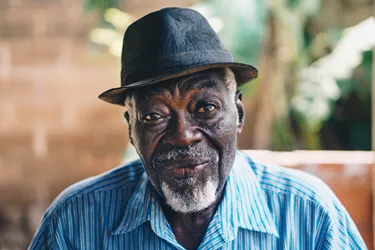

Information and support
When you’re living with a mental health problem, or supporting someone who is, having access to the right information - about a condition, treatment options, or practical issues - is vital. Visit our information pages to find out more.
Share your story with others
Blogs and stories can show that people with mental health problems are cared about, understood and listened to. We can use it to challenge the status quo and change attitudes.










